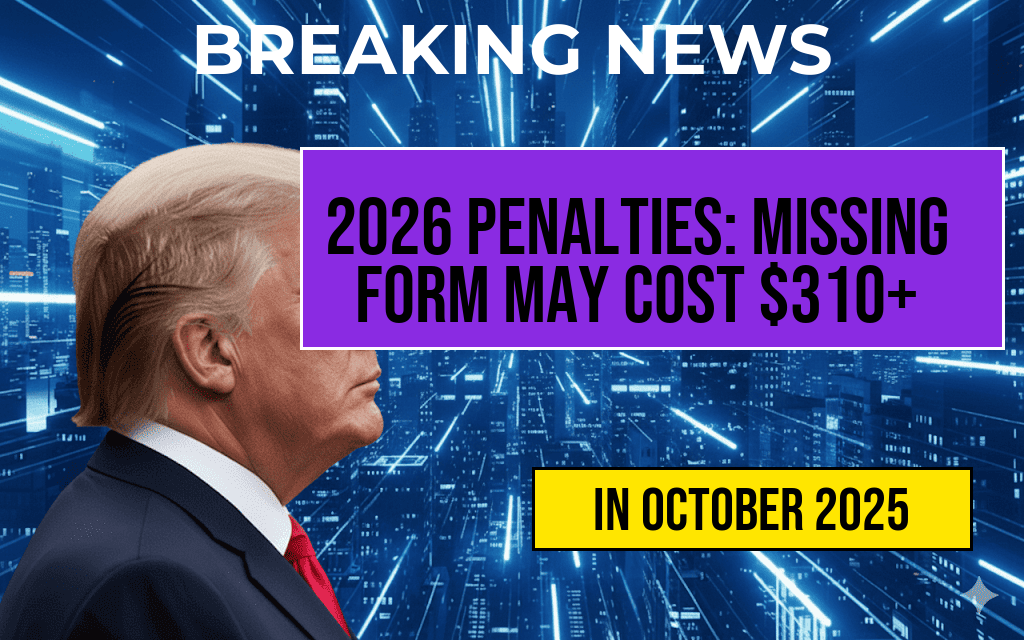As federal job cuts ripple through Washington, D.C., local authorities are grappling with the repercussions on their economies and social services. The recent layoffs have left thousands of workers without employment, prompting the D.C. government to reassess its budget and support systems. The shrinking U.S. dollar value further complicates the situation, affecting the purchasing power of those displaced. The fallout from these job cuts is not only reshaping the workforce landscape but also straining resources designed to assist residents in need. With the demand for support services increasing, officials in D.C. are tasked with navigating a tightening fiscal environment while offering necessary aid to those impacted.
Understanding the Federal Job Cuts
The federal government recently announced significant job reductions as part of a broader strategy to streamline operations and reduce spending. This decision affects various departments and agencies, leading to an estimated 10,000 layoffs across the Capitol region. While the cuts are intended to improve efficiency, they have sparked concerns regarding the economic stability of the area.
Impact on Local Economy
The impact of these layoffs is profound in D.C., where a significant portion of the workforce is employed by the federal government. According to recent statistics, approximately 30% of jobs in the District are linked to federal employment. The immediate fallout includes a rise in unemployment claims and a decrease in consumer spending, which could lead to a slowdown in local businesses that rely on a steady influx of cash.
County Budget Adjustments
In response to the layoffs, local government agencies in D.C. are reevaluating their budgets and support services. The county has announced a 10% reduction in some discretionary spending areas, including community programs and job training initiatives aimed at assisting laid-off workers. This decision has drawn criticism from advocacy groups who argue that cutting support during such a critical time undermines the community’s ability to recover.
- Increased unemployment claims
- Reduced consumer spending
- Potential rise in poverty levels
Support Services Under Pressure
As the number of laid-off workers rises, the demand for support services is also increasing. Organizations that provide job training, counseling, and financial assistance are facing an uphill battle to meet the needs of displaced workers. Many of these services are funded through local government budgets, which are now under strain due to the recent cuts.
Community Response and Resources
Community leaders are mobilizing to address the challenges posed by the layoffs. Local non-profits and job placement agencies are ramping up their efforts to provide immediate assistance. Among the resources available are:
- Career counseling and job placement services
- Financial literacy programs
- Emergency assistance funds
Organizations like the D.C. Department of Employment Services are working overtime to connect job seekers with available positions and training programs. For more information on available resources, residents can visit D.C. Department of Employment Services.
Long-term Economic Implications
The long-term economic implications of these federal job cuts are still unfolding. Experts warn that a prolonged decrease in federal employment could lead to a significant downturn in the local economy. The current situation highlights the vulnerability of D.C.’s economy, which is heavily reliant on federal spending.
Future Strategies for Recovery
To combat the potential economic decline, local officials are exploring various strategies, including:
- Attracting private sector investments
- Enhancing workforce development programs
- Advocating for federal policies that support job retention
Such measures aim to diversify the local economy and reduce reliance on federal employment, ultimately fostering a more resilient workforce.
Conclusion
The federal job cuts present a complex challenge for Washington, D.C., as local authorities strive to support residents facing unemployment while managing budget constraints. The economic landscape is changing, and the community’s response will be critical in determining the trajectory of recovery in the wake of these layoffs. With strategic planning and community collaboration, D.C. can navigate this difficult period and emerge stronger.
Frequently Asked Questions
What are the reasons behind the federal job cuts in DC?
The recent federal job cuts in DC are primarily due to budget constraints and efforts to streamline government operations. These reductions have significant implications for local economies and services.
How has the county responded to the federal job cuts?
In response to the federal job cuts, the county has reduced support for various programs and services that previously assisted workers affected by layoffs.
What challenges are the laid-off workers facing?
Laid-off workers are facing a shrinking USD and limited job opportunities, which makes it difficult for them to find new employment and sustain their livelihoods.
Are there any support programs available for those affected?
While the county has reduced some support programs, there may still be limited resources available. Affected workers are encouraged to explore local employment assistance and career services.
What is the long-term outlook for the job market in DC?
The long-term outlook for the job market in DC remains uncertain, with potential fluctuations depending on future federal employment policies and economic conditions.







